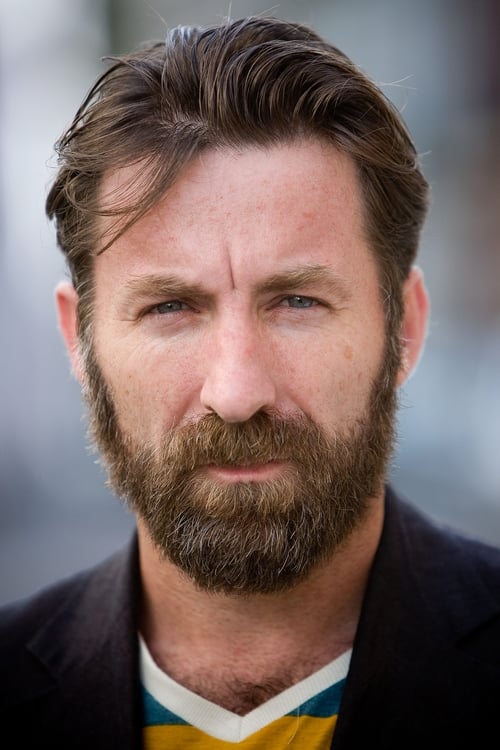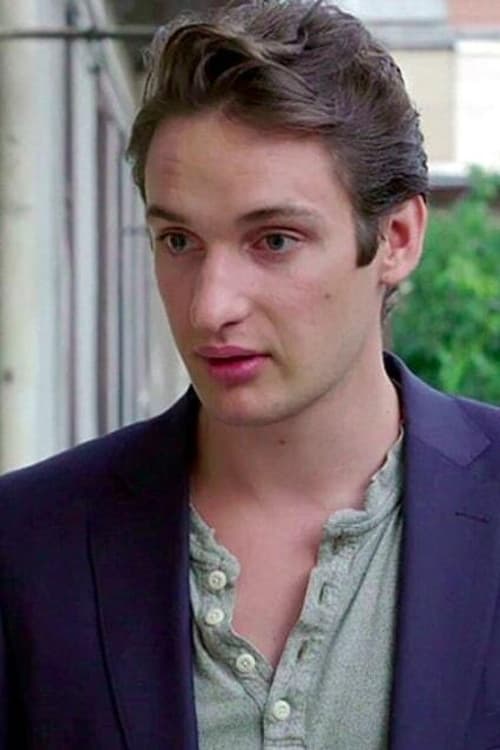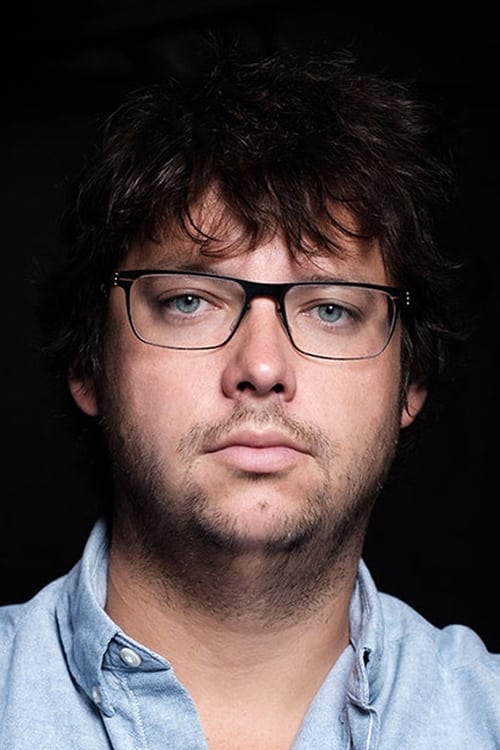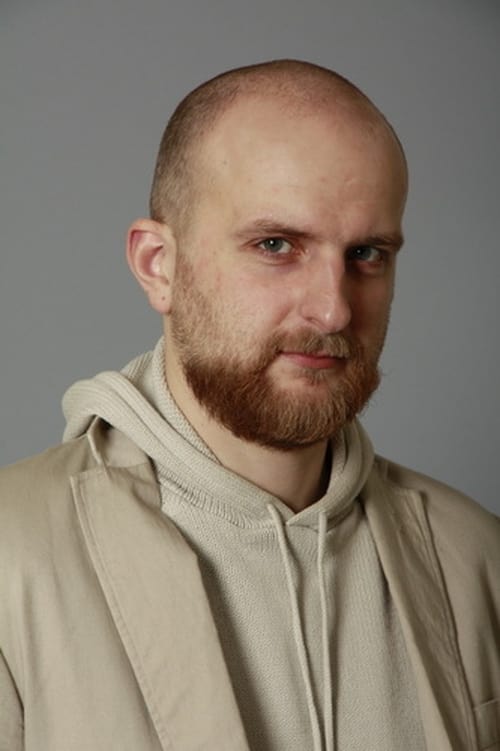Aurora Borealis: Northern Light (2017)
Género : Drama
Tiempo de ejecución : 1H 45M
Director : Márta Mészáros
Sinopsis
Olga es una exitosa abogada de Viena, adicta al trabajo. Descubrirá un secreto familiar que le hará replantearse toda su vida. Empieza a buscar respuestas pero su madre, Maria, ha hecho todo lo posible para evitar que la verdad salga a la luz. Mientras Olga viaja a través de la historia pasada de su familia, tendrá que enfrentarse a su propia vida también.
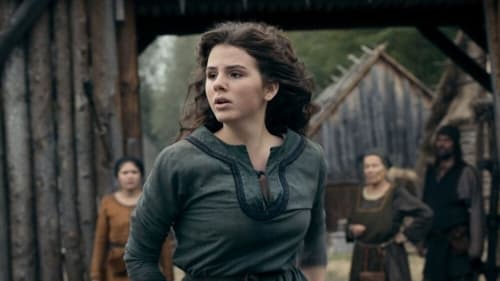
Marthe is a girl with a special gift: she can cure illnesses. But the time she lives in is marked by superstition and godliness. When Marthe can not help the burgrave's wife from her village, the girl has to flee. Your path crosses that of Ritter Christian, who moves eastward into the Mark Meissen with a group of Frankish settlers. In the Middle Ages an unimaginably long and arduous way. Christian has a hard time avoiding the fascination of Marthe, but their diverse backgrounds make a relationship impossible and the settlers are afraid of the weird girl.

After a tough week at the office, Richard and George like to play war games over the weekend to relax. The dispassionate atmosphere and minimalistic style with which the growing brutality is handled slowly wipes the smile from your face, before making sure that it doesn’t return.
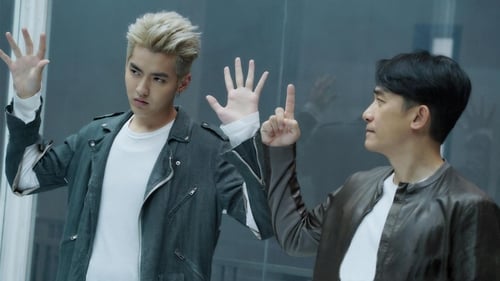
El Sr. Lin y la Sra. Lin son el número uno y el número dos en el campo. No son ni amigos ni enemigos, pero finalmente se unen a las manos del confiado asistente Le Qi mientras rastrean a un infame ladrón que ha robado la 'Mano del Emperador Celestial'. Sin saberlo, se convierten en el objetivo común en una persecución por parte de las tríadas europeas, la CIA y muchas otras agencias.

Commissioned for the Irish representation at the 55th Venice Biennale in 2013, The Enclave is an immersive, six-screen video art installation by Irish contemporary artist Richard Mosse. Partly inspired by Joseph Conrad’s modernist literary masterpiece Heart of Darkness, the visceral and moving work was filmed in the Democratic Republic of Congo using 16mm colour infra-red film, which captures otherwise invisible parts of the spectrum. The resulting imagery in Mosse’s work is hallucinatory and dream-like with the usual greens of jungle and forest replaced by shimmering violet. The Enclave depicts a complicated, strife-ridden place in a way that reflects its complexity, using a strategy of beauty and transfixion to combat the wider invisibility of a conflict that has claimed so many.
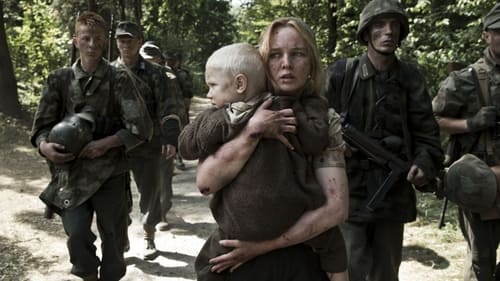
La historia comienza en 1939 en Volinia (Wołyń), una pequeña población fronteriza entre Polonia y Ucrania. Zosia (Michalina Labacz) es una chica polaca que, a pesar de estar enamorada de Petro, un chico ucraniano de su pueblo, se ve obligada a casarse con un viudo rico. Pero estalla la Segunda Guerra Mundial, y pronto surgen tensiones étnicas que enfrentan a ambos bandos. En medio del caos de guerra, Zosia intenta sobrevivir... (FILMAFFINITY)

Operating under a pseudonym which means 'no boundaries' - North Korean defector Sun Mu creates political pop art based on his life, homeland, and hope for a future united Korea. His hidden identity is nearly compromised when a massive historical exhibit in Beijing is shuttered by Chinese and North Korean authorities.

A feature-length documentary to show why Britain should vote to LEAVE the EU - and would thrive outside of it. Brexit: The Movie spells out the danger of staying part of the EU. Is it safe to give a remote government beyond our control the power to make laws? Is it safe to tie ourselves to countries which are close to financial ruin, drifting towards scary political extremism, and suffering long-term, self-inflicted economic decline?
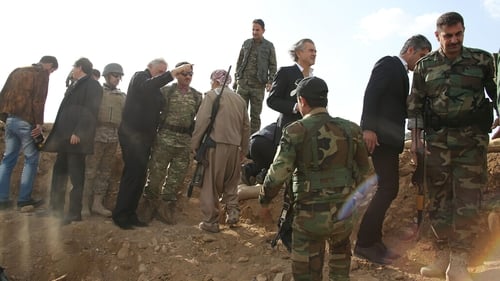
From July to December 2015, with a camera team in tow, Bernard-Henri Lévy journeyed 1,000 km along the frontline separating Iraqi Kurdistan from Islamic State troops. The journey resulted in an illustrated logbook offering a special insight into an unfinished war with a global impact. Alongside the Peshmergas – Kurdish fighters imbued with a spirit of unfailing determination in their fight against obscurantism and jihadism, the film takes us from the heights of Mosul to the heart of the Sinjar mountains, passing the last Christian monasteries threatened with destruction along the way. A tale peopled by real characters, men and women whose faces are rarely seen...

White Tape explores the theme of boundaries: the frame, the space between brushstrokes and the implications of occupation.
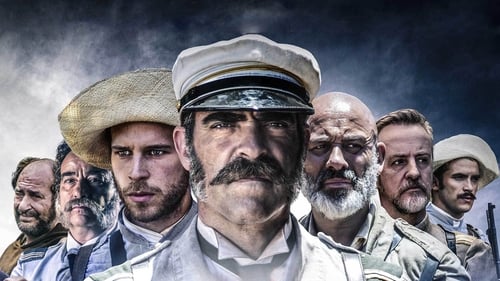
A finales del siglo XIX, en la colonia española de Filipinas, un destacamento español fue sitiado en el pueblo de Baler, en la isla filipina de Luzón, por insurrectos filipinos revolucionarios, durante 337 días. En diciembre de 1898, con la firma del Tratado de París entre España y Estados Unidos, se ponía fin formalmente a la guerra entre ambos países y España cedía la soberanía sobre Filipinas a Estados Unidos. Debido a esto, los sitiados en Baler son conocidos como "los últimos de Filipinas".
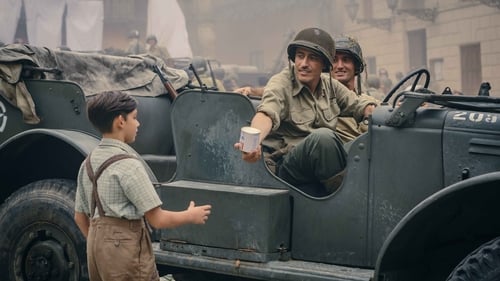
Ambientada en la época de la llegada de los americanos a Sicilia durante la II Guerra Mundial, el personaje principal de la película, Arturo, tendrá que enlistarse en el ejército de Estados Unidos si quiere ganarse el corazón de su amada Flora.
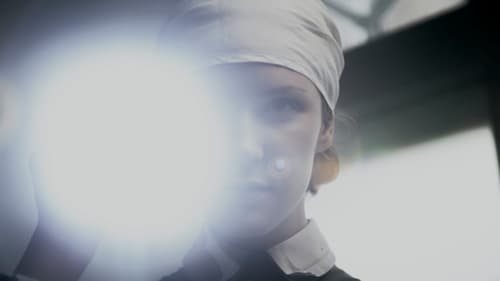
War and Peace of Mind explores what war does to the human mind and how both, the individuals and the nation as a whole, survive it psychologically. Finland and WWII, locally known as continuation war, is the backdrop of this documentary.

In 1937, Japan began their invasion of China by murdering over 300,000 people in the capital of Nanjing. The atrocities committed against women and their daughters are especially barbaric. One of them is Xiaoyun, a peasant girl who fights with the Chinese resistance group. On her way to freedom she must fight against Japanese soldiers, ninjas, a killer geisha, Nazis, and the evil General of the Japanese imperial army.

Beyond The Battalion tells the story of the 28th Māori Battalion. It revisits two earlier films, including one on the 1977 pilgrimage of the battalion back to their WW11 battle grounds.

Tsatsiki longs for the summer holidays when he will go to Greece to live with his dad Yanis. When Tsatsiki arrive at the village, it is not quite as he remembered it. Guesthouses and taverns are empty, there is a crisis in Greece and in his beloved village. When his dad delivers the bad news that he might have to sell both the hotel and the olive grove, Tsatsiki becomes upset. However, Tsatsiki's mother has taught him to never give up. He realizes that it is up to him to save the hotel, otherwise his beloved place in Greece will be lost.

The film begins with the First World War and ends in 1945. Without exception, recordings from this period were used, which came from weekly news reports from different countries. Previously unpublished scenes about the private life of Adolf Hitler and Eva Braun were also shown for the first time. The film was originally built into a frame story. The Off Commentary begins with the words: "This film [...] is a document of delusion that on the way to power tore an entire people and a whole world into disaster. This film portrays the suffering of a generation that only ended five to twelve. " The film premiered in Cologne on November 20, 1953, but was immediately banned by Federal Interior Minister Gerhard Schröder in agreement with the interior ministers of the federal states of the Federal Republic of Germany.

On April 1, 1945, the United States military launched its invasion of the main island of Okinawa, the start of a battle that was to last 12 weeks and claim the lives of some 240,000 people. This film depicts the Battle through the eyes of Japanese and American soldiers who fought each other on the same battlefield, along with Okinawa civilians who were swept up in the fighting. The film also depicts the history of discrimination and oppression forced upon Okinawa by the American and Japanese governments. Carrying up to the current controversy over the construction of a new base at Henoko, the film explores the root causes of the widespread disillusionment and anger expressed by many Okinawans. This ambitious documentary was directed by the American John Junkerman, long-term resident of Japan and Oscar-nominated documentary filmmaker. Okinawa: The Afterburn is a heartfelt plea for peace and an expression of deep respect for the unyielding spirit of the Okinawa people.

After he completed his mandatory military service, the filmmaker was held in retention as the revolution unfurled in his country. His military rank was that of a sergeant. During these times, he would go back to his home, located in the middle of Damascus city, take off his military uniform and return to his normal life, working as an assistant director with his friend, the filmmaker Mohammed Malas. To make sense of this schizophrenic situation, he decides to take his camera and start shooting a ‘making-of’ that will eventually go beyond Malas’s film.

In northern Morocco lies the Spanish enclave of Melilla: Europe on African Land. On the mountain above live over a thousand hopeful African migrants, watching the land border, a fence system separating Morocco and Spain. Abou from Mali is one of them – the protagonist in front of the camera, as well as the person behind it. For over a year, he has ceaselessly persisted in attempting to jump the fence.

Europe 1815. War rages across the continent. Fallen Soldiers tells the story of a British soldier trapped behind enemy lines. A young noblewoman’s coach is hijacked and her husband murdered by a desperate British soldier. At gunpoint, the soldier spins her an outlandish tale of plagues, conspiracies, and dead men returning from the grave.



